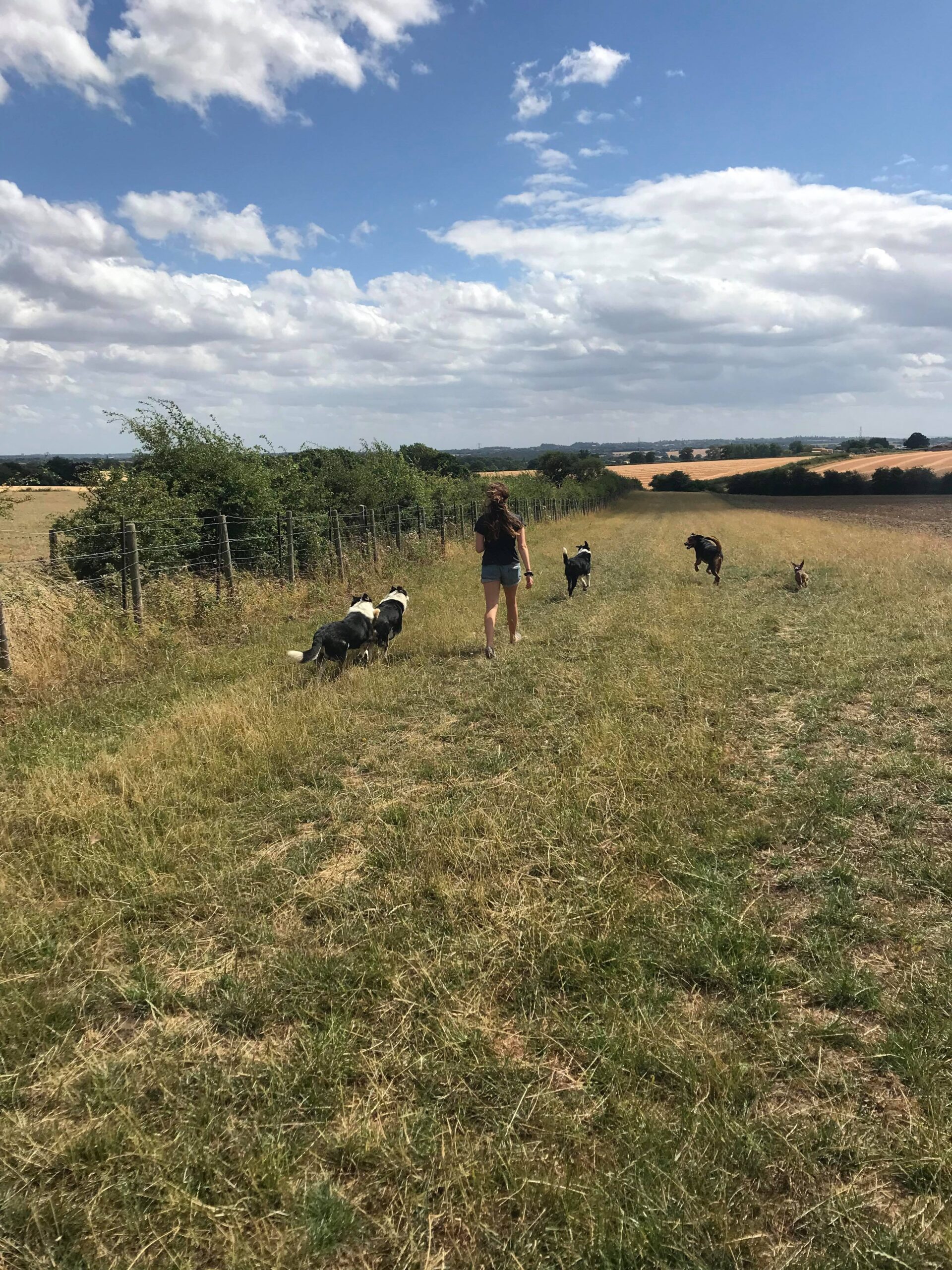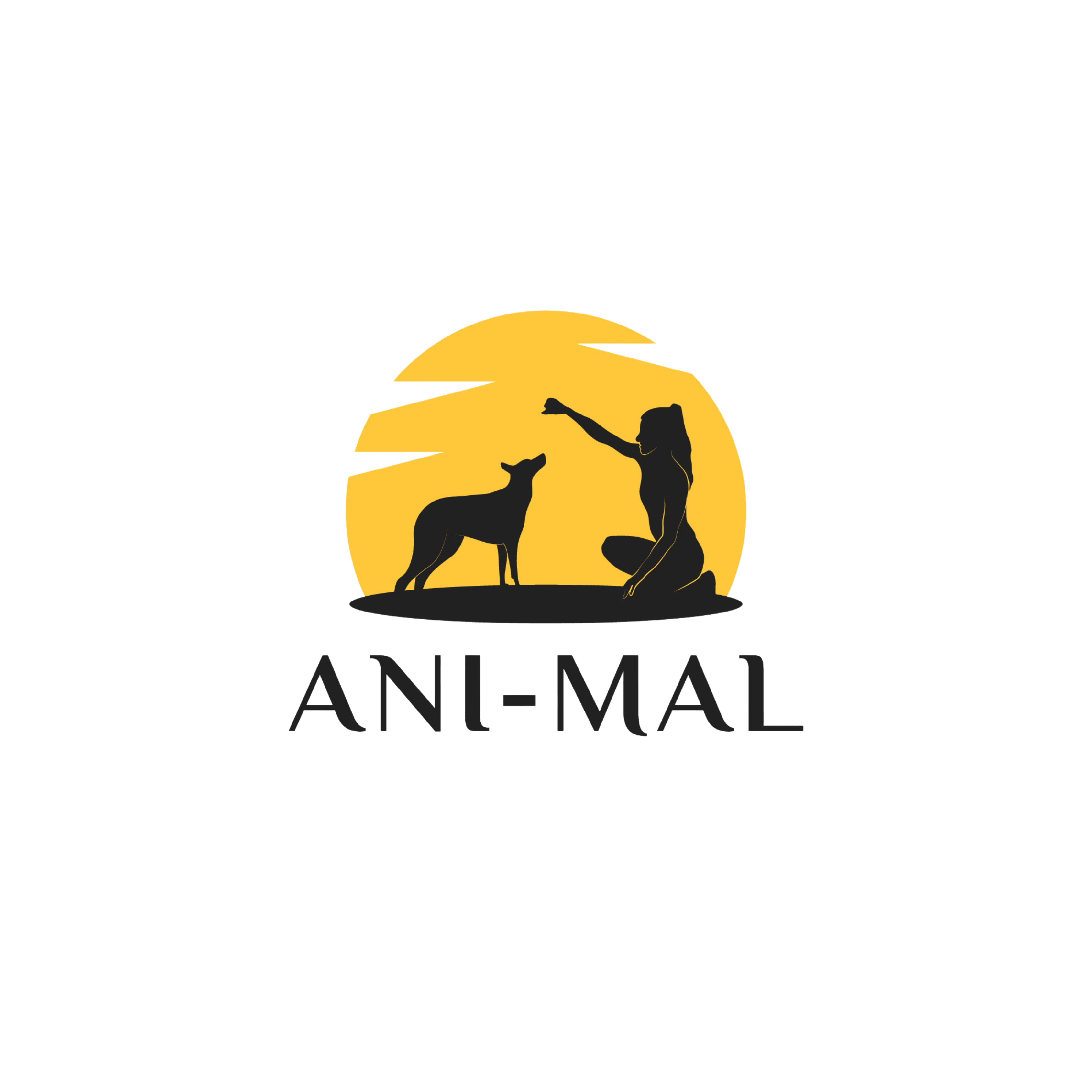
23 Apr How To Maintain Professionalism Whilst Training
One of the most important aspects in maintaining professionalism is continuing education. Making the time and effort to stay up-to-date always with current relavent information. For example, a good instructor reads books and scientific literature on the subject of dog training. They also attend workshops and seminars when possible. This is all part of maintaining the drive necessary to deliver the most current and relavent research to customers so they are obtaining accurate information and good value for their money. A dog training instructor should never consider themselves ‘fully trained’ as there is always more to learn in order to better deliver their services to clients.
Another important aspect of delivering information is ones capacity to first listen. It is crucial that a good dog training instructor listen to her specific client needs and wants. They should take the time to learn about both the dogs and owners- medical history, past training, reason for attendance, end goal and so on. Instructors should be careful to maintain this dialogue with clients throughout the time-spent training and be mindful that needs will change and develop through the course of training. This works in turn with the instructors capacity to reply to specific queries and problems with clear constructive advice. Instruction should always have the dog and owners best interest at heart whilst adhering to any health and safety regulations that are relavent. Good instructors will go the extra-mile to keep contact with clients and enquire as to how at home dog training is progressing. This enquiry may then be supplemented with more advice and further follow-ups at a later date.
This leads me nicely onto my next point, concerning appropriate levels of advice. It is important to never overstep ones professional limits. Here, I mean to say that a dog trainer is never qualified to give medical advice or anything beyond their field of expertise. It is important that professionalism is maintained here by referring clients to the appropriate people to help them with issues unrelated to dog training. This may even include times when trainers feel out of their depth with certain animals. For example, someone who feels under-qualified to deal with a human aggressive case should maintain professionalism and refer this client on to a appropriate more experienced trainer. They should do everything they can to help the client but this does not often mean directly dealing with the issue at hand themselves- knowing when to ask for help is an important aspect of maintaining professionalism in any field.
Another important aspect of staying professional in this industry is to ensure that you are always striving to deliver information in the most simple way possible. No matter how knowledgeable and experienced a trainer may be, this is no help to their customers if they fail to communicate to them at the level they understand. This ensures that peoples time and money is being used effectively as they are allowed to get the most from any session with the trainer.
As with any profession involving a level of data transfer, it is of the utmost importance that a trainer store data in adherence with law and legislation.
A dog training instructor should abide by the law also through ensuring that they have appropriate professional insurance including public liability.
Another factor that should be taken into account is the equipment in use. This means accounting for not only ehat you as the trainer provide, but also what dog owners paying to take your classes are using. Trainers should always move to reject methods or equipment causing physical/mental discomfort. This will often vary from dog to dog and it is hard to make absolute rules here however it is important to have a clear idea of what you will and will not tolerate as ethical for use during dog training.


Sorry, the comment form is closed at this time.